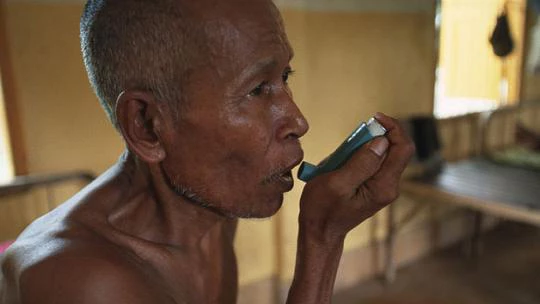Earlier this week, the World Bank health team joined the Institute for Health Metrics and Evaluation (IHME) to launch six reports that provide a rich collection of data detailing the health landscape across six global regions.
The reports—an outcome of the Global Burden of Disease 2010 (GBD 2010) data set released last December by IHME—explore changes in the leading causes of premature mortality and disability in each region over 20 years, depicting risk factors and comparing the performance of countries in a range of health outcomes. Individually, they document how each region is working to reduce health loss from most communicable, newborn, nutritional, and maternal conditions and what new challenges lay ahead.
The reports found that heart disease, stroke, and diabetes are causing a massive amount of premature death and disability in the Middle East/North Africa, for example. In sub-Saharan Africa, despite signs of progress, diseases that primarily cause illness and death in children and mothers continue to dominate. And dietary risks are the number one cause of health loss worldwide.
“The rapid shifts in disease burden place poor people in low- and middle-income countries at high risk of not having access to appropriate services and incurring payments for health care that push them deeper into poverty,” said Timothy Evans, the Bank’s Director of Health, Nutrition and Population. “The data in these new reports are critical inputs to the efforts of policymakers in countries towards universal health coverage that aim to improve the health of their people, communities, and economies.”
Evans joined Chris Murray, Director of IHME, in a webcast presentation on the six reports and related data tools, which can be viewed here.
Related
- Global Burden of Disease Regional Reports
- Webcast: Global Burden of Disease: Generating Evidence, Guiding Policy
- Global Burden of Disease Data Visualizations
- World Bank Tumblr: Global Burden of Disease



Join the Conversation